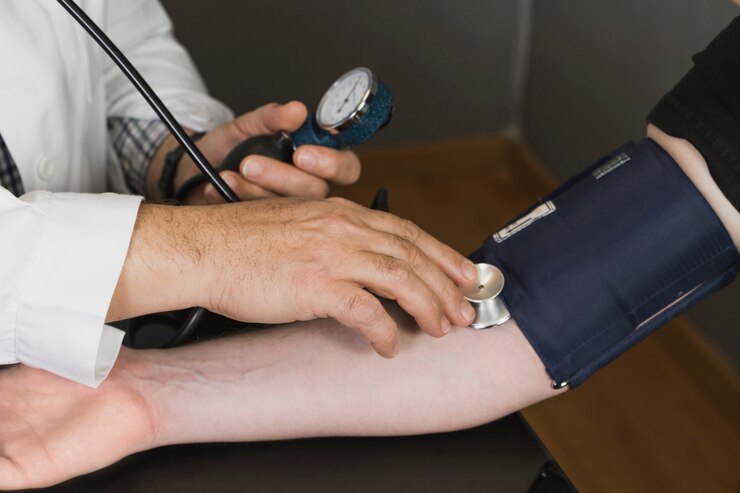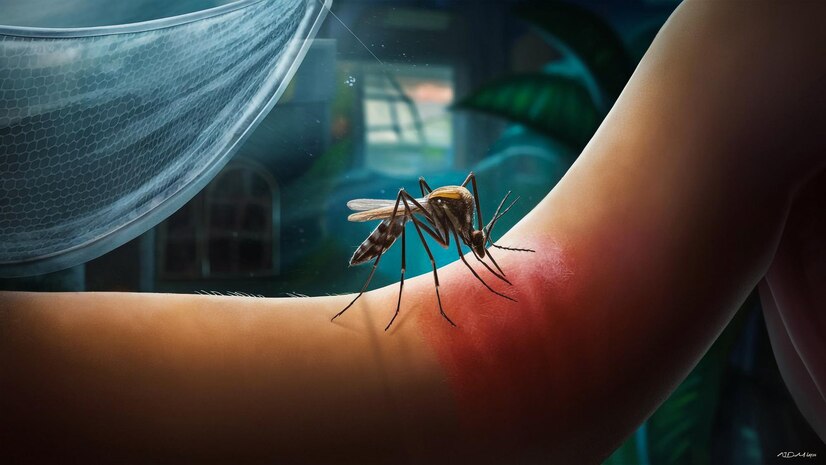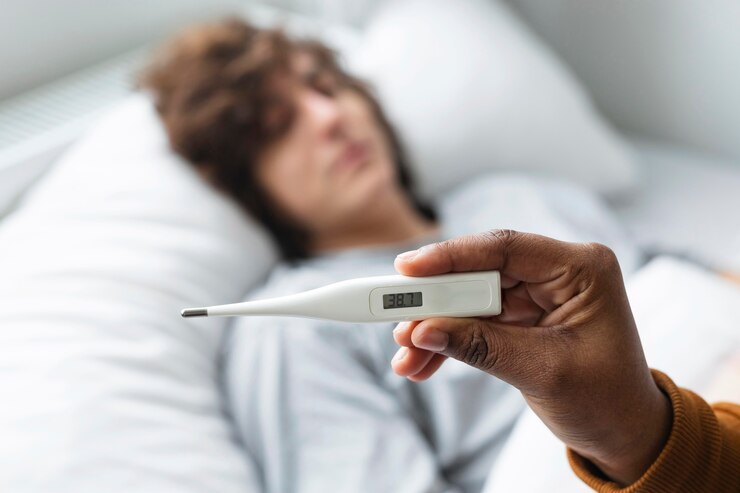Your Health, Our Priority:
Comprehensive Care for Every Condition
COMMON PHYSICIAN TREATMENT
BLOOD PRESSURE
Description: Blood pressure can be defined as the force exerted by blood on the walls of arteries. Hypertension or high blood pressure is when this pressure is consistently high.
Common Physician Treatment:
- Lifestyle Changes: These may range from dietary modifications (e.g., low salt intake) to DASH diets, regular exercises, and weight loss programs, as well as restricting alcohol intake and caffeine consumption.
- Drug Therapy: The doctor usually gives prescriptions for hypertensive medications such as diuretics, ACE inhibitors, beta-blockers, calcium channel blockers, or ARBs (angiotensin II receptor blockers).
- Monitoring: Regular checking of the patient’s blood pressure and adjustments are made for better results.


DENGUE FEVER
Description: Dengue virus is contracted via Aedes mosquito bites, resulting in high-temperature spikes along with severe headaches behind the eyes, muscular pain in joints, rashes, and little bleeding at times.
Common Physician Treatment:
- Supportive Care: Hydration through oral or IV fluids is provided while taking a rest in bed, and acetaminophen (paracetamol) may be used to relieve pain.
- Monitoring: Close monitoring of hematocrits as well as vital signs, especially for those with severe forms (Dengue Hemorrhagic Fever or Dengue Shock Syndrome).
- Avoiding NSAIDs: Use of aspirin and ibuprofen, which are nonsteroidal anti-inflammatory drugs, have been suspended due to elevated likelihood of bleeding.
MALARIA
Description: Malaria can be described as a parasitic infection spread through the bite of infected Anopheles mosquitoes characterized by recurring fever, chills, and flu-like symptoms.
Common Physician Treatment:
- Antimalarial Drugs: Treatment depends on the type of Plasmodium species and may include chloroquine, artemisinin-based combination therapies (ACTs), or other medications based on resistance patterns.
- Symptomatic Treatment: Supportive care, which consists of managing fever and any other symptoms, is provided here.
- Prevention Advice: Recommendations for mosquito control, use of insecticide-treated nets, and prophylactic antimalarial medications for travelers to endemic areas.


CHIKUNGUNYA
Description: The Aedes mosquito spreads it, resulting in fever accompanied by severe joint pains, muscle pain (myalgia), headache (cephalalgia), nausea, fatigue, and rash.
Common Physician Treatment:
- Symptomatic Relief: This includes prescribing acetaminophen or NSAIDs for pain relief and ensuring that patients are properly hydrated.
- Resting Periods: Patients are informed to take a rest from active activities as much as possible.
- Prevention Advice: Preventive measures such as the use of mosquito repellents, wearing protective clothing, and emptying stagnant water vessels are advised for reducing breeding sites.
VARIOUS TYPES OF FEVER
Description: Fevers can be caused by numerous kinds of infections such as viral, bacterial, or parasitic, inflammatory conditions, or even medical disorders.
Common Physician Treatment:
- Determining Etiology: Blood cultures, imaging modalities including X-rays, and laboratory tests, including complete blood counts, among others, are used to determine the cause.
- Symptomatic Therapy: Administering antipyretics such as acetaminophen or ibuprofen, which reduce temperatures, is an example in question here.
- Targeted Treatments: Provision of antibiotics in cases where there is a bacterial infection, antivirals in instances of viral infections, and other suitable remedies based on the specific diagnosis.


DIARRHEA
Description: This condition entails frequent passing of watery or loose stools that result from infections, food intolerance, medications, or gastrointestinal diseases.
Common Physician Treatment:
- Rehydration: Oral rehydration solutions such as ORS are given to prevent dehydration, while severe cases require intravenous fluids.
- Medications: Loperamide and other anti-diarrheal agents provide symptomatic relief; antibiotics and antiparasitic drugs are used if there is an identifiable infection.
- Dietary Recommendations: Advice on a bland diet (e.g., BRAT diet: bananas, rice, applesauce, toast), avoiding dairy products and caffeine.
Common Approach by Physicians
Detailed History & Physical Examination
These are aimed at identifying symptoms as well as possible causes.
Diagnostic Testing
Tests are carried out in the laboratory & diagnostics involve imaging that confirm diagnosis.
Preventive Advice:
Patients are educated on how to prevent it from the recurring or leading to complications development.
Symptomatic Treatment
Provides relief from the discomfort due to symptoms.
Targeted Therapy
This involves using specific treatments in order to address the underlying cause.
Follow-up
Regular follow-ups are made , how patients are progressing and adjust the treatment if needed.
